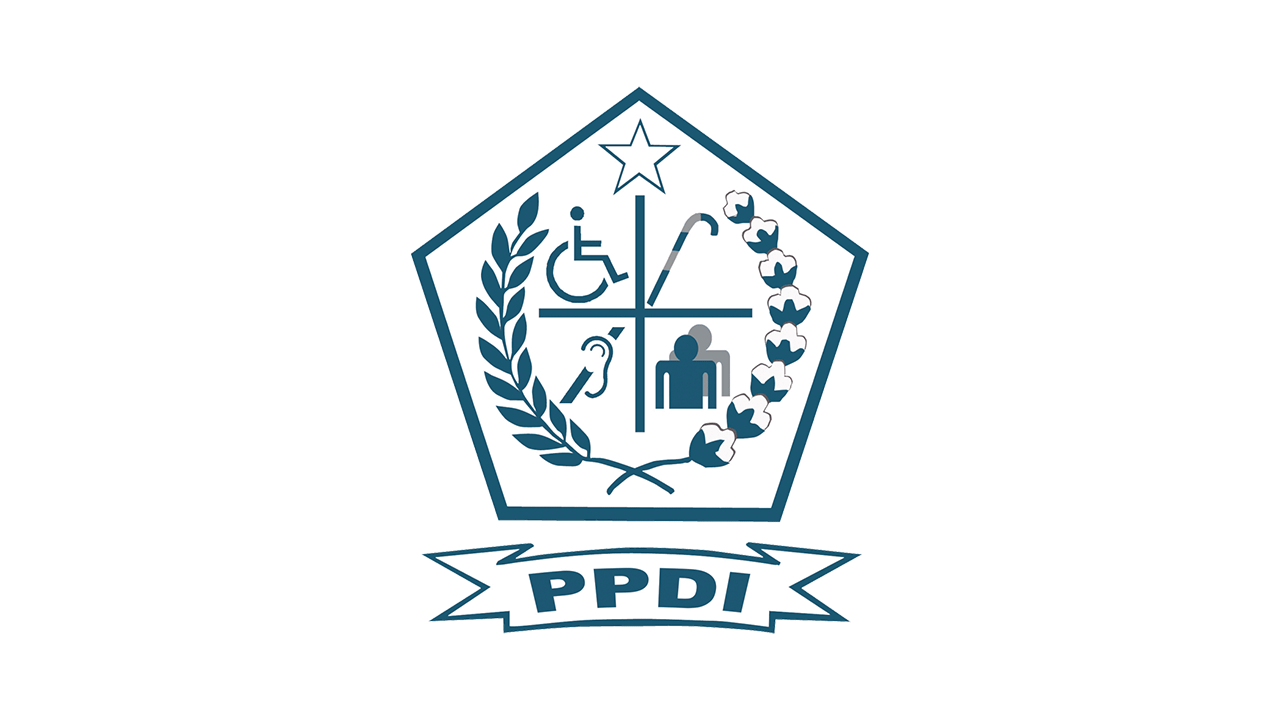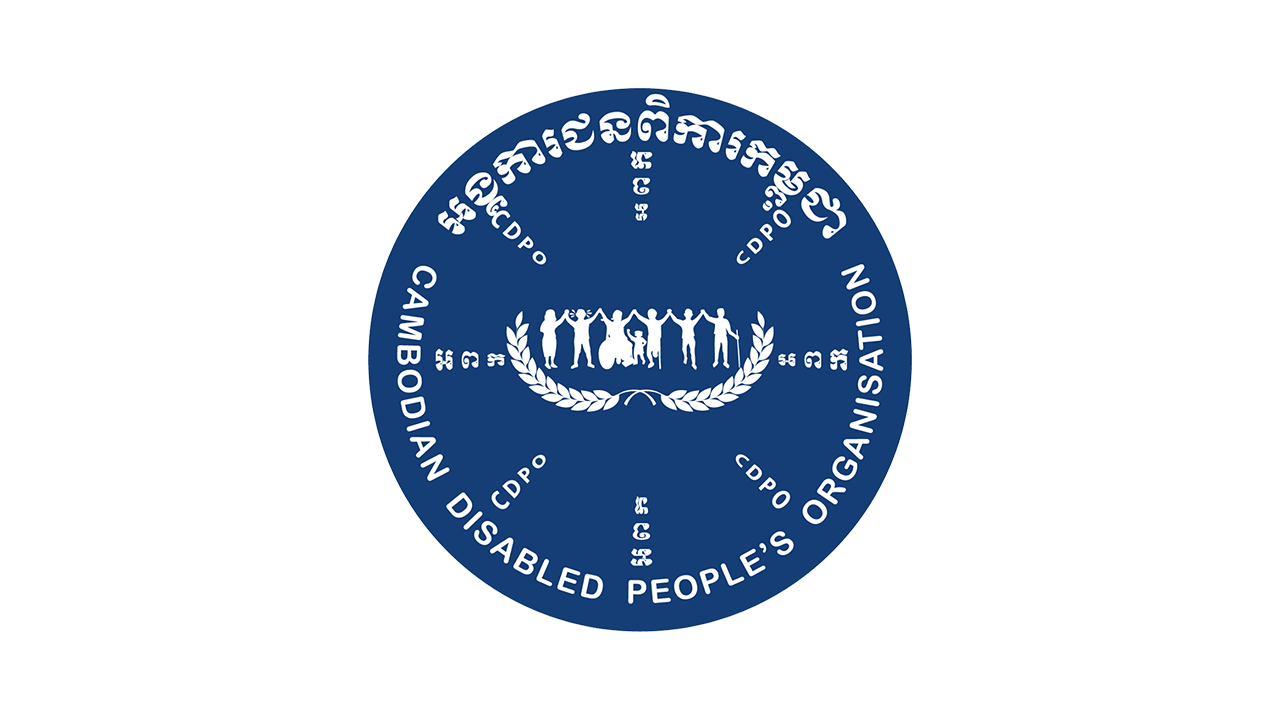AGENDA partner Center for Electoral Access for Citizens with Disabilities (PPUA Penca) organized a two-day training for the Indonesian National Election Commission (KPU) and Indonesian Election Supervisory Body (BAWASLU). The training was held in Bogor from February 22-23, 2013. Among the 20 participants were three KPU, four BAWASLU commissioners and senior staff from the two institutions.
Participants discussed the accessibility of elections for persons with disabilities in Indonesia. The training targeted decision makers and senior staff of KPU and BAWASLU to increase their understanding of disabilities and take accessibility into account when preparing for elections.
The training consists of seven sessions, including an introduction to human rights; disability rights; understanding disability and access issues in general; main aspects of accessible elections; and monitoring accessible elections. The training ended with a session where participants had to prepare individual action plans to prepare for accessible elections. Facilitators used an active-participation approach, where attendees are encouraged to discuss and share ideas.

Participants appreciated the workshop and acknowledged the importance of training for polling staff and election officials ahead of the elections in 2014.
KPU Commissioner Hadar Gumay, who attended the training, said the workshop has given KPU a chance to meet and discuss accessibility with persons with disabilities, and also discuss their concerns about developing accessible elections. These insights will be crucial for KPU in preparing for the upcoming elections.
Participants also went through a simulation as a person with a disability. Some participants were asked to play person who is blind, and some as a person in a wheelchair. After the end of the simulation, BAWASLU Commissioner Endang Wihdatiningtyas said she better understood the challenges persons with disabilities are facing. It is important, she said, “that when we are about to determine the location of polling stations to take into account how accessible to location is for persons with disabilities.”
Chairwoman of PPUA Penca Ariani Soekanwo expressed her appreciation toward the participation of the commissioners in the training. “Your participation in this training shows your commitment and professionalism in ensuring that the political rights of persons with disabilities will be respected and protected in elections. This also proves that you have high moral integrity,” she said. “The atmosphere makes it easier for us to exchange ideas and opinions freely and candidly.”
The workshop will also be used in the future to train electoral management bodies (EMBs) from other countries in Southeast Asia in cooperation with AGENDA’s disabled persons organization partners in the region. AGENDA is planning to organize similar workshops for EMBs in Cambodia and the Philippines in the coming months.










